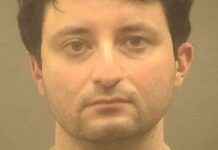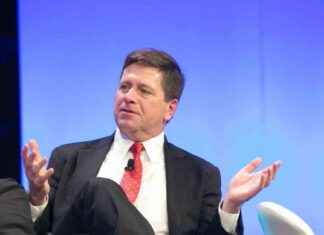All the ministers, except those who are traveling, are accompanying Sánchez, while Feijóo has his hard core in the Senate
MADRID, 18 Oct. (EUROPA PRESS) –
The appearance of the President of the Government, Pedro Sánchez, in the Senate, in which he will hold a debate with the leader of the PP, Alberto Núñez Feijóo, on taxation, began at around 4:02 p.m. on Tuesday. His entire cabinet of ministers, with the exception of those who are on an official trip with the King in Germany, have wanted to support the chief executive in this second parliamentary ‘face to face’ with the leader of the opposition.
After an entrance in which the socialist bench gave him a long round of applause, the President of the Government took the floor to report on the tax on large fortunes and the tax policy of the autonomous communities, at a time when several Executives regional governments, also from the PSOE, have already implemented reductions in some taxes.
With the hemicycle full -also the guest gallery-, the ministers have occupied the Government bench, except for Reyes Maroto, Albares and Iceta, who are on the King and Queen’s state trip to Germany, to support Sánchez in this second ‘face to face’ with Feijóo. Nor did the Secretary of Organization of the PSOE, Santos Cerdán, the Secretary of State for Relations with the Courts, Rafael Simancas, and the leader of the PSOE in Madrid, Juan Lobato, want to miss the meeting.
The ‘popular’ leader also has part of his hard core in Genoa in the Upper House, with the group’s spokesman, Javier Maroto, standing very close to him; the general coordinator of the party, Elías Bendodo; the financial manager of the PP, Juan Bravo; the deputy secretary for territorial organization, Miguel Tellado, and the deputy secretary for regional and local coordination, Pedro Rollán. In addition, the PP spokesperson in Congress, Cuca Gamarra, has also come to the Upper House to witness this debate.
It is expected that this second appearance of Sánchez’s course in the Senate will last more than six hours, so from the Chamber they indicate that it could end at approximately 10:00 p.m., according to what parliamentary sources have pointed out to Europa Press.
Of course, it remains to be seen what format Sánchez will choose for the reply to the groups. In the previous debate, he chose to answer Feijóo and then group his answer to the rest of the formations. However, minority groups complained about this and the Government “took note”.
In any case, the President of the Government will decide the terms of intervention, while the groups will have fifteen minutes for their first intervention and five minutes for their reply, as agreed by the Board of Spokespersons and the Table of the Chamber.
However, this debate once again points to the ‘face to face’ between the leaders of the two big parties, since Vox and Ciudadanos cannot count on their leaders and, in fact, they lack their own group, with what that they must share their time with other formations.
Worse is the case of United We Can, which will not even be able to intervene in the Senate, since it has not had representation in this Chamber for more than a year and a half.
The Senate is made up of 264 senators divided into a total of eight parliamentary groups, whose distribution is very different from that of Congress. Behind the Socialist and Popular groups, with 113 and 103 senators, respectively, the group shared by Bildu and ERC (16 parliamentarians), the PNV (10), the Nationalist Group –Junts and Canary Coalition– (6 ), the Confederal Left (5), the Democratic (4) and the Mixed (7).
Vox shares the Mixed Group with two independents who left Ciudadanos, a senator from the Aragonese Party (PAR) and another from the Unión del Pueblo Navarro (UPN).
Ciudadanos, meanwhile, now only has a single senator, Miguel Sánchez López, who is part of the Democratic Group, along with the two senators from Teruel Exists and the one from the Regionalist Party of Cantabria.








